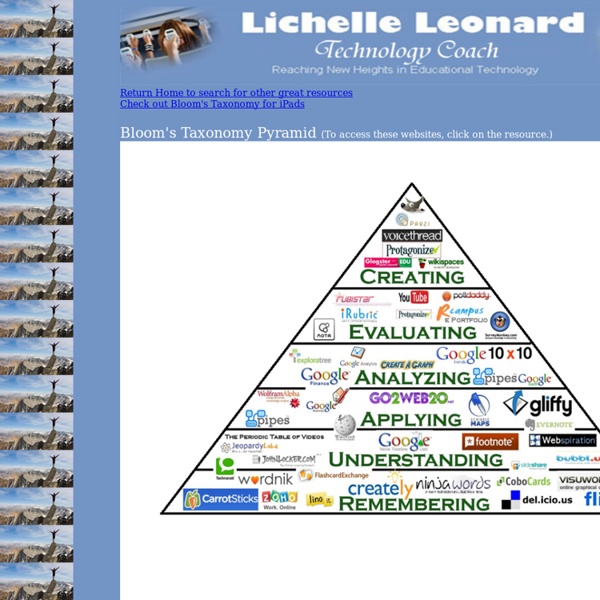



Biblioteca - Search Results EducaLIM InicioAñadir EnlaceNovedadesMás visitados Buscar EducaLIM » Search Results Enlaces Ordenar por: Visitas | Alfabético | Recientes Transports Means of transports for Primary 4th Autor: Belén Junquera Tags: educación, english, transports Autor: RAQUEL Tags: Autor: GK (SAN GABRIEL SCHOOL) Tags: ENGLISH, VOCABULARY, FOOD Tags: ENGLISH, VOCABULARY, ANIMALS Tell me the time. Learn to tell the time in English. Tags: ENGLISH, TIME Tags: ENGLISH, VOCABULARY, PLACES Tags: ENGLISH, VOCABULARY, FRUITS Tags: ENGLISH, VOCABULARY, WEATHER Tags: ENGLISH, VOCABULARY, FUNTIME Tags: ENGLISH, VOCABULARY, BEACH Actividades para aprender o vocabulario dos alimentos Tags: english, food Ms Smith LIM basado no conto de Dona Carme,para aprender os animais da granxa en inglés Tags: Educación, english,animals Family LIM sobre a familia para primeiro Tags: english, family Body LIM para traballar o corpo en inglés (4º) Tags: english, body School objects Libro para traballar o vocabulario da clase en inglés. Tags: educacion, english, school
Cool Tools for Schools Bloom’s Revised Taxonomy – More Than English: Teaching Language and Content What is Bloom’s Taxonomy? Bloom’s Taxonomy in its various forms represents the process of learning. It was developed in 1956 by Benjamin Bloom and modified during the 1990’s by a new group of cognitive psychologists, led by Lorin Anderson (a former student of Bloom’s) to make it relevant to the 21st century. The revised taxonomy emphasizes what a learner “Can Do” so the stages are now represented as verbs: We must remember a concept before we can understand it. So how do I use this in the classroom? We need to “teach to the highest and scaffold the lowest” students of all ages and levels of English proficiency. Remember Understand Apply Analyze Evaluate Create Model what each means for your students in the context of a lesson. It is useful to picture Bloom’s taxonomy as a wheel since all stages are not required for every lesson and every lesson does not necessarily lead to “Creating.” While you are teaching, get in the habit of pointing out how what your class is doing relates to Bloom’s.
35 Digital Tools That Work With Bloom's Taxonomy Integrating technology in the classroom and engaging students in higher order thinking creates the ultimate learning experience for students. Bloom’s Taxonomy and digital tools creates an innovative learning environment where students are engaged in their assignments. The following is a list of digital tools as it relates to Bloom’s Taxonomy. 1. For a sample lesson using digital tools with the levels of Bloom’s Taxonomy visit my post at: .
Snapguide: leuke doe-het-zelf app op iPad donderdag, 20 december 2012 (14:45) | Bart Breij Hoe maak je een gepocheerd ei? Hoe laat ik een klimpant groeien in de tuin? Hoe plak ik een fietsband? Zo bevat het introscherm van een gids meteen een schermvullende foto, met een titel erboven die je met een tik weghaalt. Het hoofdmenu is te bereiken met de pijl linksboven in een gids en het Snapguide-titelmenu als je op een overzichtspagina bent. Zelf een gids maken is onveranderd wel een karweitje in Snapguide. Downloaden: Snapguide (gratis, universeel, iOS 5.0+)
Mind42: Free online mind mapping software Technology and Education | Box of Tricks Bloom's taxonomy Bloom's wheel, according to the Bloom's verbs and matching assessment types. The verbs are intended to be feasible and measurable. Bloom's taxonomy is a classification of learning objectives within education. Bloom's taxonomy refers to a classification of the different objectives that educators set for students (learning objectives). Bloom's taxonomy is considered to be a foundational and essential element within the education community. History[edit] Although named after Bloom, the publication of Taxonomy of Educational Objectives followed a series of conferences from 1949 to 1953, which were designed to improve communication between educators on the design of curricula and examinations. The first volume of the taxonomy, "Handbook I: Cognitive" (Bloom et al. 1956) was published in 1956. Cognitive[edit] Skills in the cognitive domain revolve around knowledge, comprehension, and critical thinking on a particular topic. Knowledge[edit] Comprehension[edit] TranslationInterpretationExtrapolation
Integrate iPads Into Bloom's Digital Taxonomy With This 'Padagogy Wheel' You’re going to want to turn on your printer and fire up a PDF viewer. This is just that good. It’s called the Padagogy Wheel and it offers a fantastically useful perspecitve on how to figure out which iPad apps work with Bloom’s Digital Taxonomy. Created by Allan Carrington, this thing is a monster and deserves some focused attention. The Padagogy Wheel takes an expanded approach Bloom’s Digital Taxonomy and offers 62 iPad apps that fit into the organized chaos that is Bloom’s. See Also: 35 Digital Tools That Work With Bloom’s Taxonomy What do you think of some of the apps and where they’re placed on the wheel? The Padagogy Wheel by Allan Carrington is licensed under a Creative Commons Attribution 3.0 Unported License.